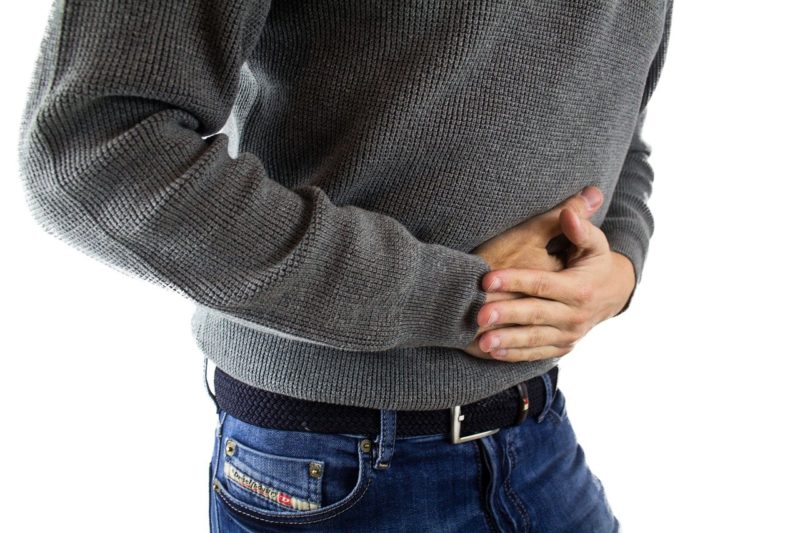Proven Ways to Reduce Bloating

Bloating is if your stomach feels bloated after ingestion. It’s usually brought on by excess gas generation or disturbances from the motion of the digestive tract muscles. Bloating can frequently lead to pain, distress and also a “stuffed” feeling. Additionally, it may make your tummy look larger and there are a number of reasons why you bloat. To put it differently, bloating entails excessive quantities of fluids, solids, or gas on your digestive tract. But in specific individuals, bloating is caused mainly by increased sensitivity. It only feels like there’s increased pressure from the abdomen, although there is not.
Don’t Eat Too Much
 Being loaded can feel just like being bloated, but the issue is that you ate a lot of. If you are eating large meals and tend to feel uneasy, then try smaller parts. Insert a second daily meal if needed. A subset of men and women who experience bloating do not have an enlarged belly or increased pressure from the abdomen. The matter is mostly sensory. Someone with a propensity to be bloated will undergo distress from a smaller quantity of food than a man who seldom feels bloated because of this, only eating smaller dishes can be incredibly helpful.
Being loaded can feel just like being bloated, but the issue is that you ate a lot of. If you are eating large meals and tend to feel uneasy, then try smaller parts. Insert a second daily meal if needed. A subset of men and women who experience bloating do not have an enlarged belly or increased pressure from the abdomen. The matter is mostly sensory. Someone with a propensity to be bloated will undergo distress from a smaller quantity of food than a man who seldom feels bloated because of this, only eating smaller dishes can be incredibly helpful.
It lowers the amount of air you consume together with all the meals (an outcome of bloating) and causes you to eat slower, connected to reduced food consumption and smaller parts.
Avoid Swallowing Gases
There are two sources of gasoline in the digestive tract. One is gas created by the bacteria in the intestine. Another is gas or air that’s consumed when you drink or eat. The most significant offender here’s carbonated drinks like soda or carbonated beverages. They feature bubbles using carbon dioxide, a gas that may be released in the liquid once it reaches the stomach. Chewing gum, drinking through a straw, and eating when speaking or in a hurry may also result in elevated quantities of consumed air.
Try a Low-Fodmap Diet
 It has no known cause but is thought to affect about 14 percent of individuals, most of which are curable. Frequent symptoms include bloating, stomach pain, distress, constipation, or diarrhea. Nearly all IBS patients experience bloating, and approximately 60 percent of these reports are bloating because their worst symptom is scoring much higher than abdominal pain. Various studies have revealed that indigestible carbohydrates known as FODMAPs can radically exacerbate symptoms in IBS patients.
It has no known cause but is thought to affect about 14 percent of individuals, most of which are curable. Frequent symptoms include bloating, stomach pain, distress, constipation, or diarrhea. Nearly all IBS patients experience bloating, and approximately 60 percent of these reports are bloating because their worst symptom is scoring much higher than abdominal pain. Various studies have revealed that indigestible carbohydrates known as FODMAPs can radically exacerbate symptoms in IBS patients.
A low-FODMAP diet was demonstrated to lead to significant reductions in symptoms like bloating, at least in IBS patients. In case you have problems with bloating, either with or without other autoimmune symptoms, then a low-FODMAP diet might be a fantastic way to repair it.



